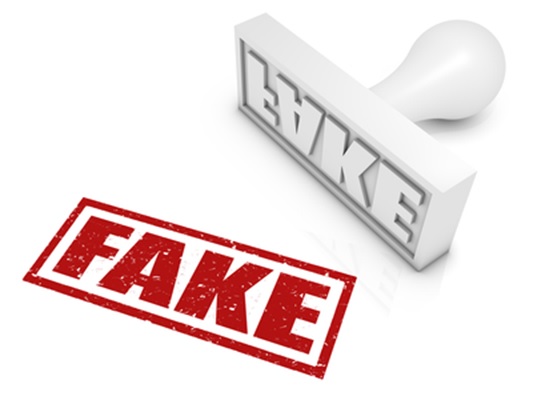Cajunrider
Imperial Masterpiece
Soon after I transplant a plant in my garden, I usually feed it with Fertilome Root Stimulator. I have had real good luck with that practice. I haven't done that to any of my collected trees. Should I and when? I am thinking that soon after a collected tree pushes top growth I can do the root stimulator. For examples, a lot of my BCs now have shoots that are more than 6" long. I am thinking now is the time to give them some root stimulator and get the roots to form quickly since the trees had nearly all their roots cut off.


